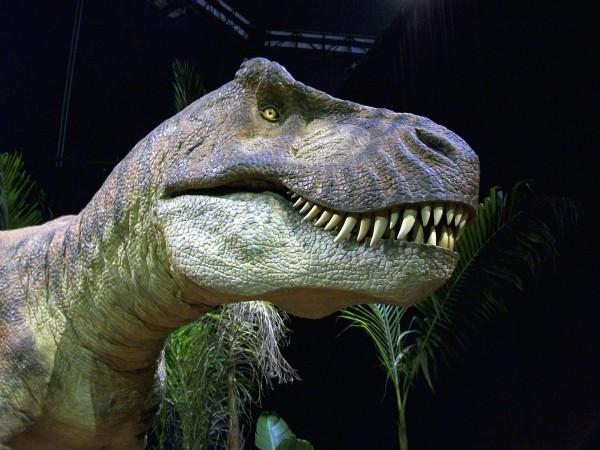
Dinosaurs were once the most dominant species on Earth, and these giants literally ruled the planet like uncrowned kings. However, an asteroid hit that happened around 65 million years ago changed the fate of this species. It should be noted that the asteroid impact was intense and created a crater measuring more than 100 miles on the Earth's surface.
Even though a weird thought, several people believe that dinosaurs might have evolved as an intelligent species like humans if the doomsday asteroid's course was altered a bit. A book named 'The New Dinosaurs' written by Douglas Dixon is trying to explore this concept and he tries to imagine the possible evolutionary journey of dinosaurs to the modern world.
Interestingly, Dr David Hone, a researcher who works at the Queen Mary University, also shared similar thoughts and revealed that a few dinosaurs had large brains for their body size which implies their intelligence.
"We have no good reliable ways to saying how smart dinosaurs were, only really some rough estimates. Yes, some corvids [crows] and parrots are very smart (and crocodiles are much smarter than most people realize) so the *capacity* for high intelligence would appear to be there. A few dinosaurs had relatively big brains for their body size, which implies intelligence but putting that factor alone against modern animals is obviously limiting," said Hone, Dailystar.co.uk reports.
Dale Russell, of the Canadian National Museum of Natural Sciences, believes that a dinosaur species named Stenonychosaurus inequalis might have evolved as the most intelligent being on the planet if dinosaurs were given an extra 65 million years to live on earth. Stenonychosaurus had larger brains, and they had opposable fingers with a very human-like grip.
In the meantime, NASA is now busy preparing a planetary defence weapon to protect earth during times of asteroid hits. The space agency has already tracked more than 90 per cent of the near-earth objects which are more than 450 meters in diameter, and they believe that this defence weapon could help us to deflect the trajectory of these rogue space bodies, thus protecting the planet from asteroid collisions.

















